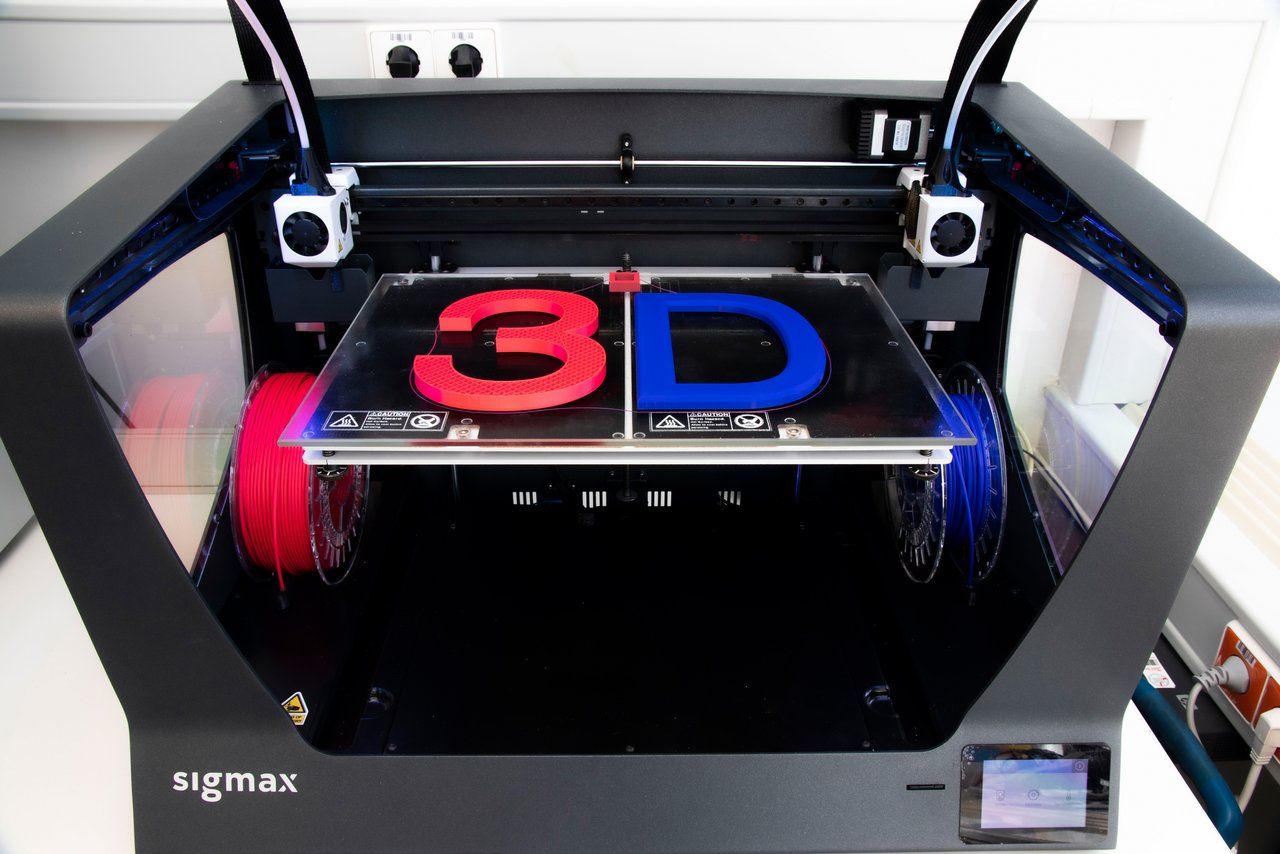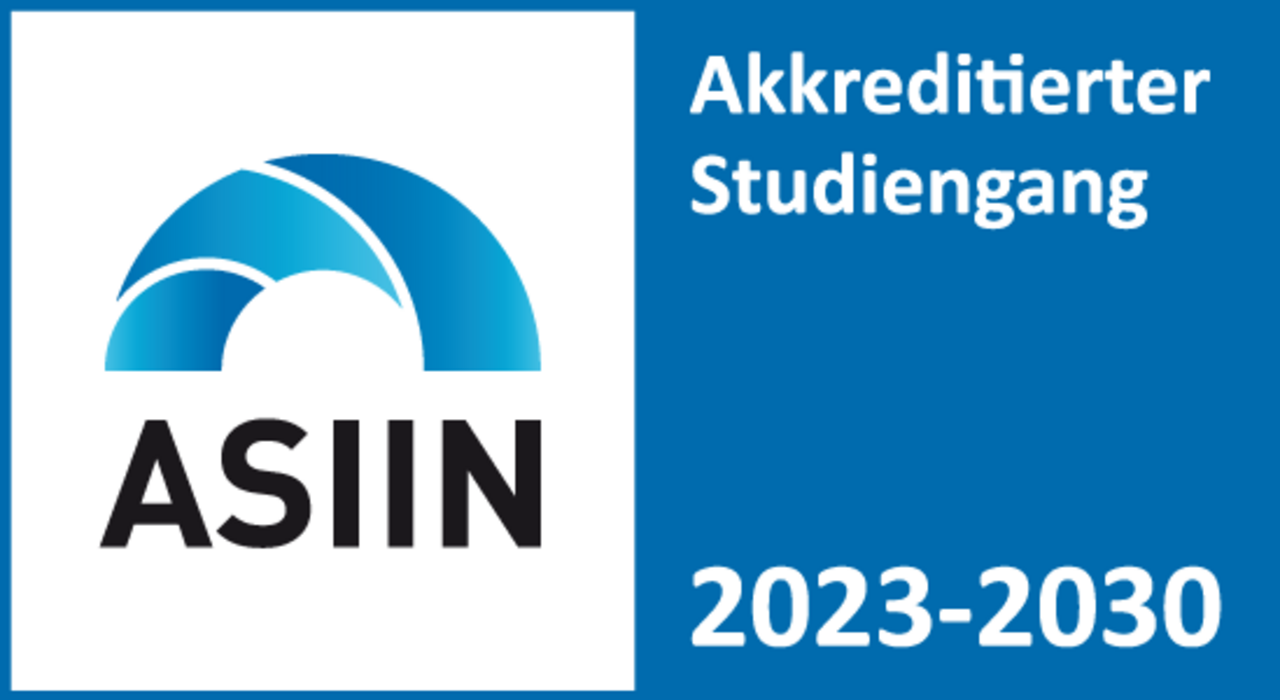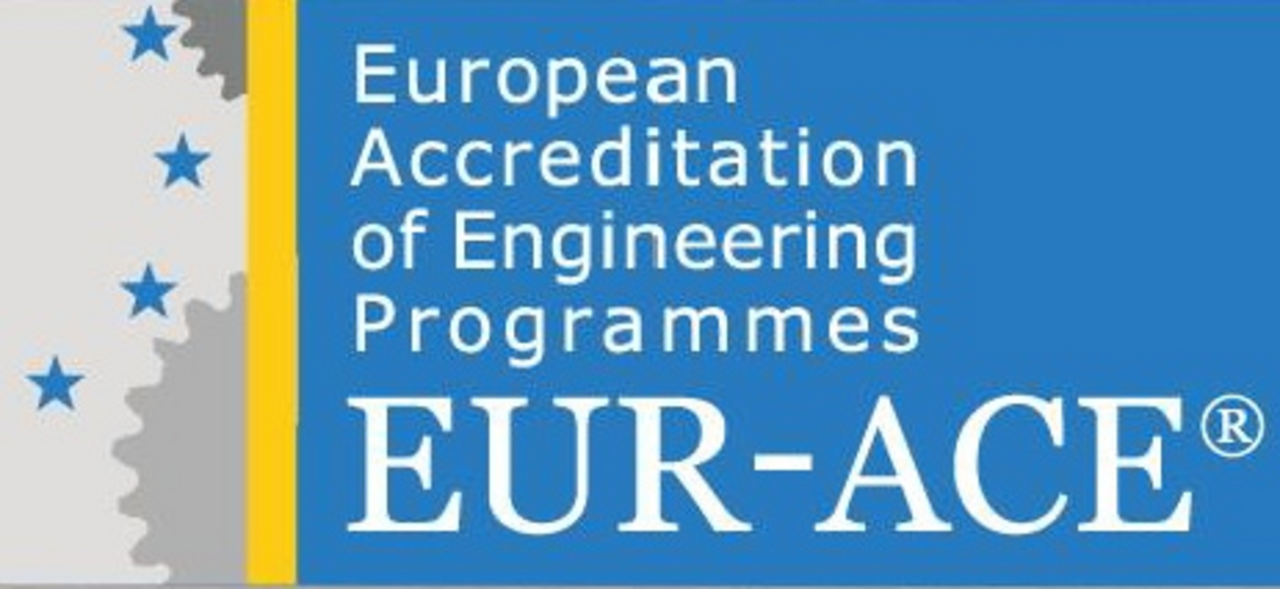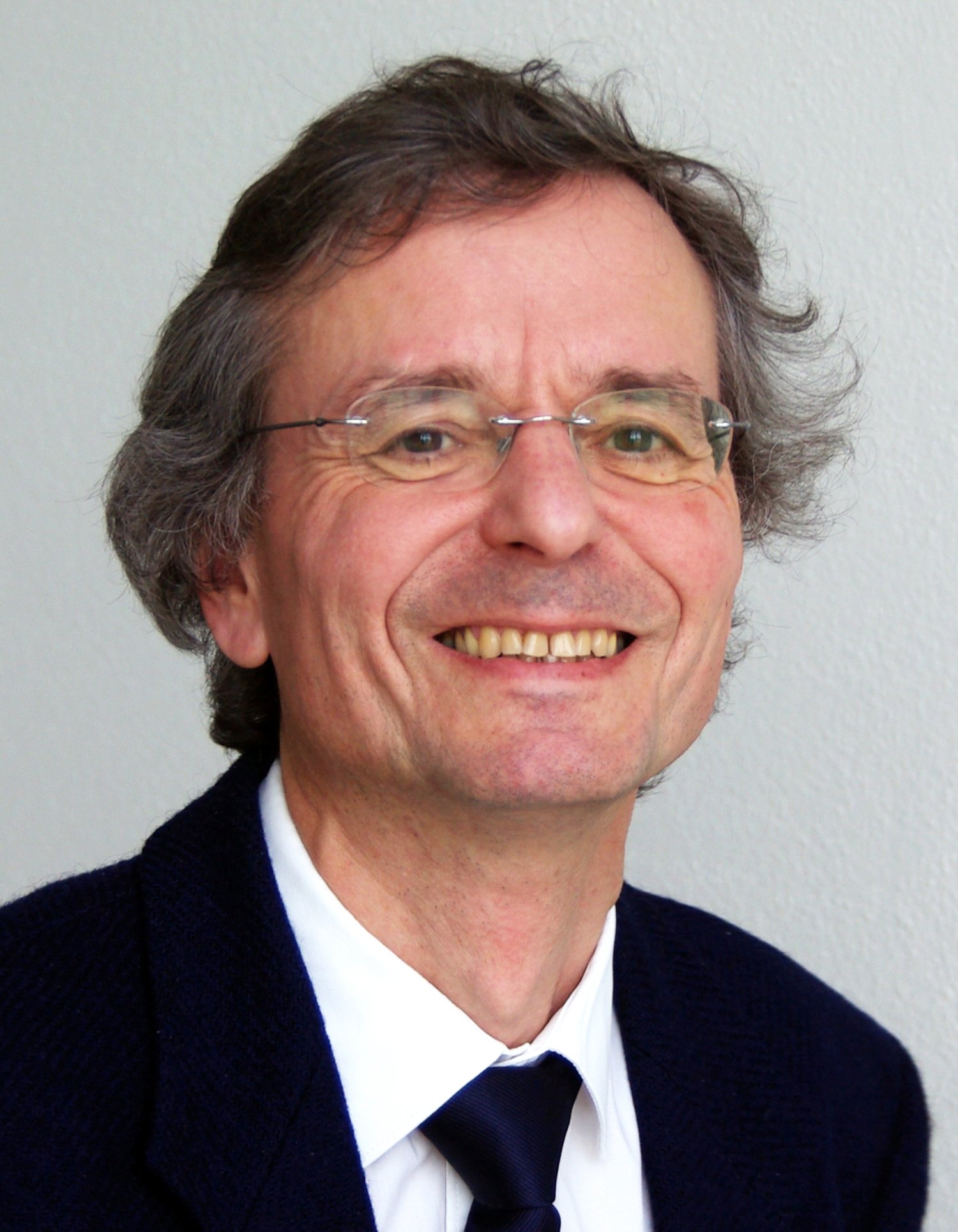


Accredited degree program
Additive manufacturing - materials, development and lightweight construction
Bachelor
The degree programme offers core competencies in additive manufacturing (3D printing) on a solid mechanical engineering foundation.
| Start | Winter semester |
|---|---|
| Admission Criteria | Unrestricted admission |
| Application period | 15.04.2025 - 15.07.2025 |
| Study format | Full time, with in-depth practical experience, Joint degree programme |
| Study cost | None (only semester fee) |
| Normal duration | 7 Semester |
| Language | German |
| ECTS | 210 |
| Accredited degree program | |
  | |
Programme content
The degree programme focuses on mechanical engineering and deepens this specialist knowledge through comprehensive expertise in the innovative technology of additive manufacturing. In addition to sound fundamentals such as engineering mathematics and the classic subjects of mechanical engineering, the degree programme also integrates teaching content from the fields of business administration, computer science and electrical engineering. Special emphasis is placed on practical teaching content, including project work, engineering internships and a practical semester. The Studium Generale broadens horizons through content that goes beyond the subject-specific and promotes personal development. The compulsory elective and specialisation modules offer flexibility and allow students to deepen their knowledge.
Study programme
The degree programme comprises six theoretical semesters and a practical semester in the 5th semester. In the first three semesters, basic sciences such as engineering mathematics, materials science and design are taught, with this knowledge being deepened in the fourth semester. From the 5th semester onwards, students choose one of the specialisations (lightweight construction or production and quality management) and also complete a supplementary module. The programme concludes in the 7th semester with the completion of a Bachelor's thesis. Practical training, which takes place in industrial companies and technical institutions outside the university, is an integral part of the programme. This is supervised by the university and supplemented by practical courses.
Internship and pre-study work experience
The faculty attaches particular importance to practical teaching content and emphasises the implementation of project work, engineering internships and a practical semester. The final thesis is usually written in a company, which gives students the opportunity to apply their acquired knowledge directly in industrial practice. A six-week pre-study work placement, carried out in an industrial company of the student's choice (not compulsory if they have a relevant apprenticeship), which takes place before the regular course of study, provides a wide range of insights into various branches of industry and makes a significant contribution to academic development by enabling students to gain a practical understanding of the subject.




